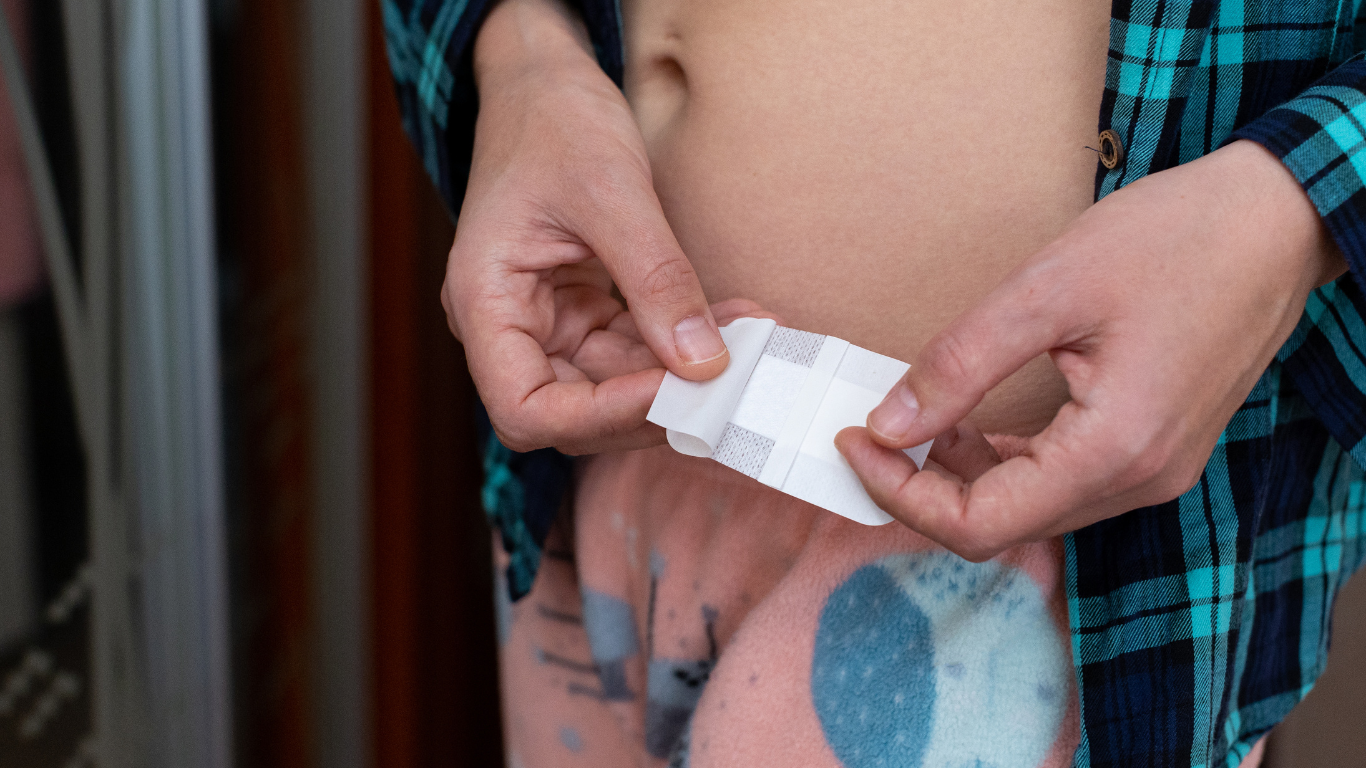Common Myths About Testosterone and Aging
The relationship between testosterone and aging is often clouded by misconceptions. A prevalent myth is the belief that testosterone is solely a male hormone, crucial only for male libido. In reality, testosterone is vital for both men and women, playing a significant role in muscle strength, bone density, and overall energy levels. It influences mood and cognitive function, underscoring its importance beyond sexual health.
Another widespread myth is the notion that a decline in testosterone levels is an inevitable and unpreventable aspect of aging. While it is true that testosterone levels naturally decrease with age, this decline varies significantly among individuals and is influenced by factors such as lifestyle, diet, and overall health. Regular physical activity, a balanced diet, and adequate sleep can help maintain healthier testosterone levels as one ages.
Contrary to popular belief, more testosterone isn’t always better. Excessive testosterone, whether through supplements or other means, can lead to adverse effects such as cardiovascular issues, liver damage, and behavioral changes. It’s crucial to approach testosterone supplementation cautiously and under medical supervision, as indiscriminate use can do more harm than good.
Regarding testosterone supplements, it is essential to recognize their risks and limitations. Prescription testosterone therapy may be beneficial for individuals with clinically low levels; however, it’s not a panacea for aging-related concerns. Misuse can lead to hormonal imbalances and other health complications. Natural supplements claiming to boost testosterone levels should also be approached with skepticism. Many lack scientific backing and can pose potential dangers, including contamination with harmful substances.
In sum, understanding the myths and facts about testosterone and aging is key to making informed decisions. Testosterone is a crucial hormone for both sexes, its decline is not entirely unavoidable, and more is not necessarily better. Safe and effective management requires a nuanced approach, prioritizing overall health and well-being over quick fixes.
The Facts: How to Manage Testosterone Levels as You Age
Maintaining healthy testosterone levels throughout life is essential for overall well-being and can be achieved through evidence-based strategies. Lifestyle choices play a critical role in influencing hormone levels, and adjustments in diet, exercise, sleep, and stress management can have significant impacts.
Dietary components are foundational to supporting testosterone production. Consuming a balanced diet rich in proteins, healthy fats, and essential vitamins and minerals is crucial. Proteins from lean meats, fish, and plant sources contribute to muscle repair and growth, which indirectly supports testosterone levels. Healthy fats, particularly omega-3 fatty acids found in fish, nuts, and seeds, are important for hormone synthesis. Additionally, vitamins and minerals such as vitamin D, zinc, and magnesium are vital for maintaining optimal testosterone levels. Incorporating foods like eggs, leafy greens, and whole grains can help ensure adequate intake of these nutrients.
Exercise is another critical factor in managing testosterone levels. Strength training and high-intensity interval training (HIIT) are particularly effective. Strength training, involving weightlifting and resistance exercises, has been shown to boost testosterone levels by promoting muscle growth and fat loss. HIIT, characterized by short bursts of intense activity followed by rest periods, can enhance cardiovascular health and stimulate hormone production. Regular physical activity not only supports hormone balance but also improves mood and energy levels.
The importance of quality sleep cannot be overstated. Sleep is a crucial period for hormone regulation, including the production of testosterone. Aim for 7-9 hours of uninterrupted sleep per night to support hormonal health. Creating a conducive sleep environment by keeping the bedroom cool, dark, and quiet, and establishing a regular sleep schedule can improve sleep quality.
Stress management is equally significant. Chronic stress leads to elevated levels of cortisol, a hormone that can negatively impact testosterone production. Practicing stress-reducing techniques such as mindfulness meditation, deep breathing exercises, and engaging in hobbies can help maintain a healthy hormonal balance.
By integrating these lifestyle choices—balanced diet, regular exercise, quality sleep, and effective stress management—individuals can naturally optimize their testosterone levels as they age, promoting overall health and vitality.
Can refer to below link:-


Leave a Reply